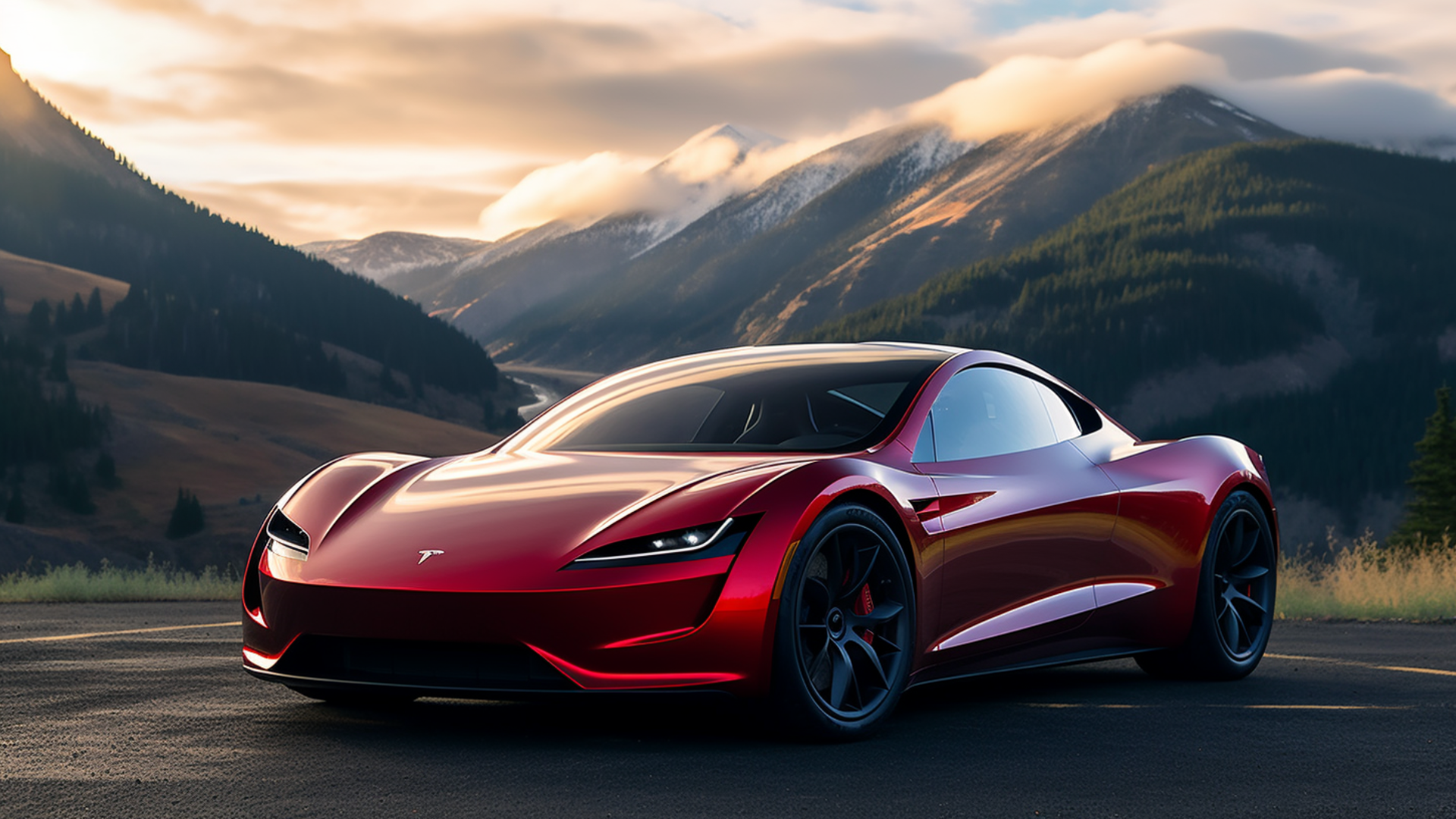
EV vs. Hybrid: Which One Is Right for You?
As the automotive industry continues to evolve, consumers are increasingly faced with the decision of whether to go full electric with an EV (Electric Vehicle) or opt for a hybrid. Each option has its own set of advantages and drawbacks, and the right choice depends on your specific needs and circumstances. In this blog post, we’ll explore the key differences between EVs and hybrids to help you make an informed decision.
Understanding EVs and Hybrids
Electric Vehicles (EVs)
Electric vehicles run solely on electric power, stored in a battery that is charged via an external power source. They produce zero emissions and are often praised for their environmental benefits and lower running costs.
Pros:
- Zero Emissions: EVs produce no tailpipe emissions, making them an eco-friendly choice.
- Lower Running Costs: Electricity is generally cheaper than gasoline, and EVs have fewer moving parts, reducing maintenance costs.
- Performance: Many EVs offer instant torque, leading to quicker acceleration and a smoother driving experience.
- Incentives: Many governments offer tax credits, rebates, and other incentives to EV buyers.
Cons:
- Range Anxiety: Limited driving range compared to gasoline vehicles, though this is improving with new models.
- Charging Infrastructure: While expanding, charging stations are still less prevalent than gas stations.
- Higher Initial Cost: EVs can be more expensive upfront, though this gap is narrowing.
Hybrids
Hybrids combine a traditional internal combustion engine with an electric motor. They can run on gasoline, electricity, or a combination of both, providing a balance between fuel efficiency and range.
Pros:
- Extended Range: Combining gasoline and electric power means hybrids can travel longer distances without refueling or recharging.
- Fuel Efficiency: Hybrids typically offer better fuel economy than conventional gasoline vehicles.
- Lower Emissions: While not zero-emission, hybrids produce fewer pollutants than traditional cars.
- Flexibility: No need to worry about charging infrastructure, as hybrids can rely on gasoline when needed.
Cons:
- Complexity: The combination of two powertrains can lead to more complex maintenance and potential issues.
- Emissions: While lower than conventional vehicles, hybrids still produce emissions.
- Costs: Hybrids can also be more expensive than traditional gasoline vehicles, though often less so than EVs.
Which One is Right for You?
Consider Your Driving Habits
- Daily Commute: If you have a short daily commute and access to charging stations, an EV might be ideal. You’ll benefit from lower running costs and zero emissions.
- Long-Distance Travel: If you frequently drive long distances, a hybrid may be more practical, offering the flexibility of gasoline with improved fuel efficiency.
Environmental Impact
- If reducing your carbon footprint is a top priority, an EV is the clear winner with its zero emissions.
Budget
- Consider both the initial purchase price and the long-term costs. While EVs tend to have higher upfront costs, they can save money over time with lower fuel and maintenance expenses.
Infrastructure
- Assess the availability of charging stations in your area. If charging infrastructure is limited, a hybrid might be more convenient.
In conclusion, both EVs and hybrids offer compelling benefits, and the right choice depends on your unique needs and priorities. By considering your driving habits, environmental impact, budget, and available infrastructure, you can make an informed decision that aligns with your lifestyle.
When it comes to choosing between an electric vehicle (EV) and a hybrid, there are several factors to consider that can help you make the best decision for your lifestyle and needs.
Add a comment Cancel reply
Categories
- Car News (4)
- Car Reviews (3)
- Electric Cars (2)
- EV Battery (1)
- EV Charging (3)
- EV Testing (1)
- Uncategorized (1)








